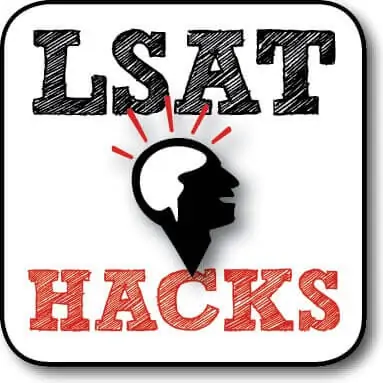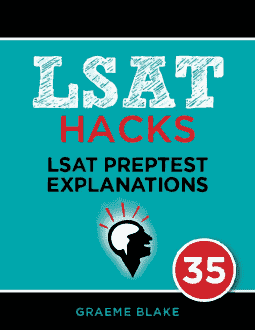This is an explanation for passage 4 of LSAT preptest 35, the October 2001 LSAT. This passage is about Ronald Dworkin’s legal theories. He thinks that both natural law and positivism are wrong and that judges should use the law’s internal logic.
This section has paragraph summaries and an analysis of the passage, links to the explanations for the questions are below.
Paragraph Summaries
- Dworkin is worried. Judges (rightly) reject natural law. But that doesn’t mean they should use legal positivism.
- Legal positivists say judges should only figure out whether there is a consensus on what the law says.
- Dworkin argues the law has an internal logic, separate from morality. There doesn’t have to be a consensus for a legal interpretation to work. An interpretation only needs to be consistent with the law’s internal logic.
Analysis
This is a confusing passage. Do not try the questions on this sort of passage without rereading it and attempting to understand it. You should have at least a rough idea of the differences between natural law, legal positivism and Dworkin’s theory.
Natural Law: Judges can find the meaning of the law by using their sense of morals. Natural law may disagree with the actual written law.
Legal Positivism: Law and morals are different. People might disagree about what the law means. Judges’ role is to interpret whether there is a consensus about the meaning of the law.
Dworkin’s Theory: Dworkin says that there is an internal logic to the law. A legal interpretation can be fine as long as it is consistent with this logic. There is no need for consensus on a single, correct interpretation.
There are some terms you don’t need to know. For example: “legal fact of the matter”. It’s never explained, but that’s alright. No question requires you to know what it means or even to understand it, as long as you can guess that it seems like something important to have.

Want a free Reading Comp lesson?
Get a free sample of the Reading Comprehension Mastery Seminar. Learn tips for solving RC questions


Leave a Reply